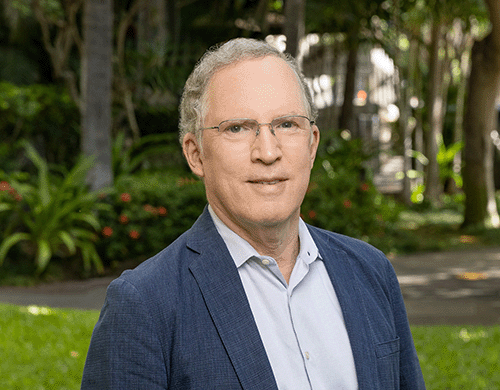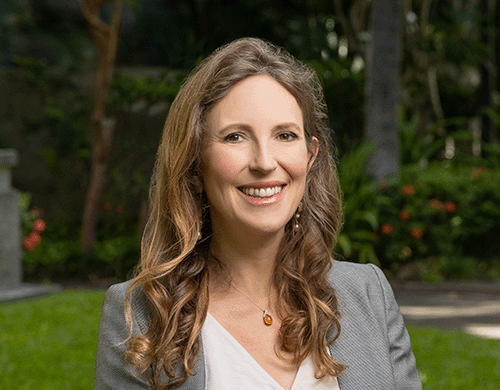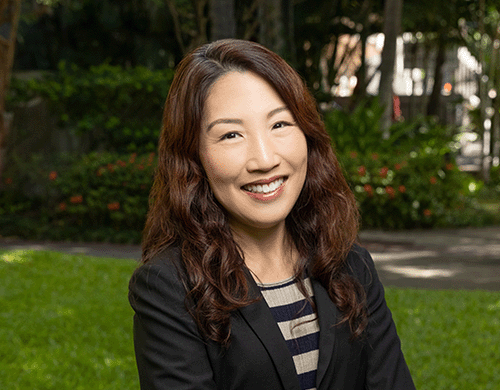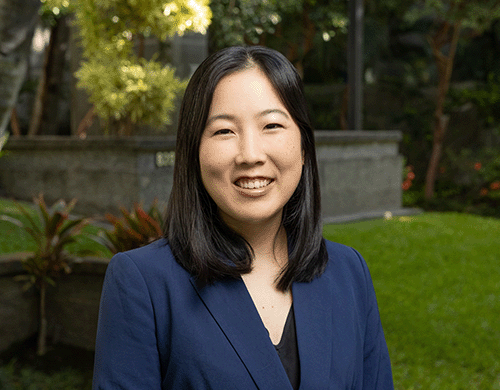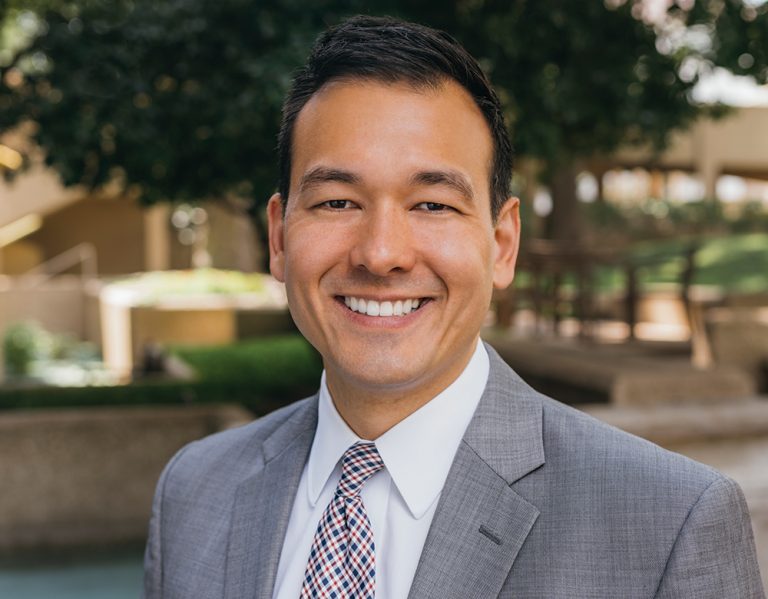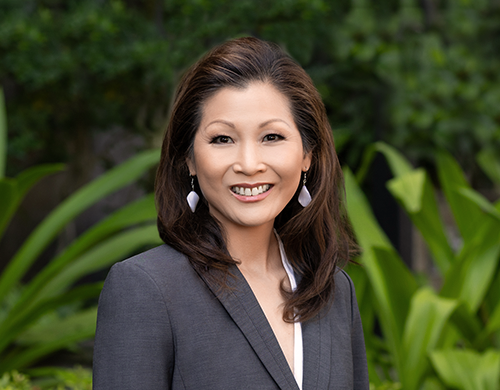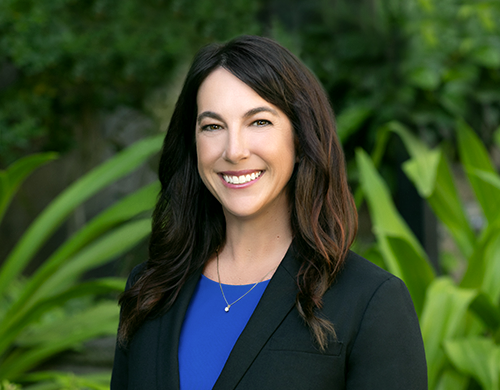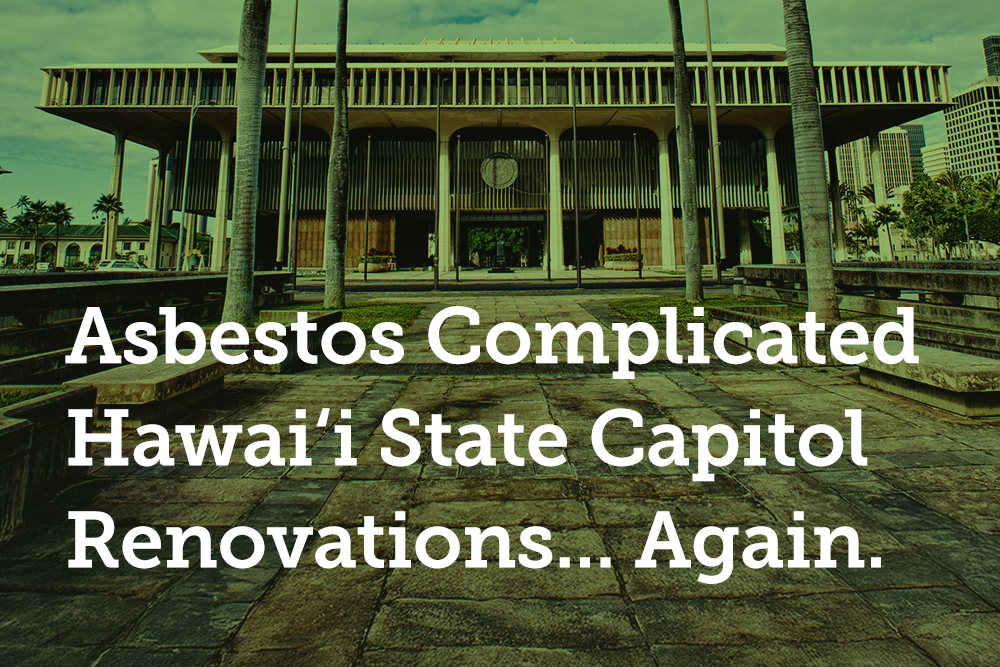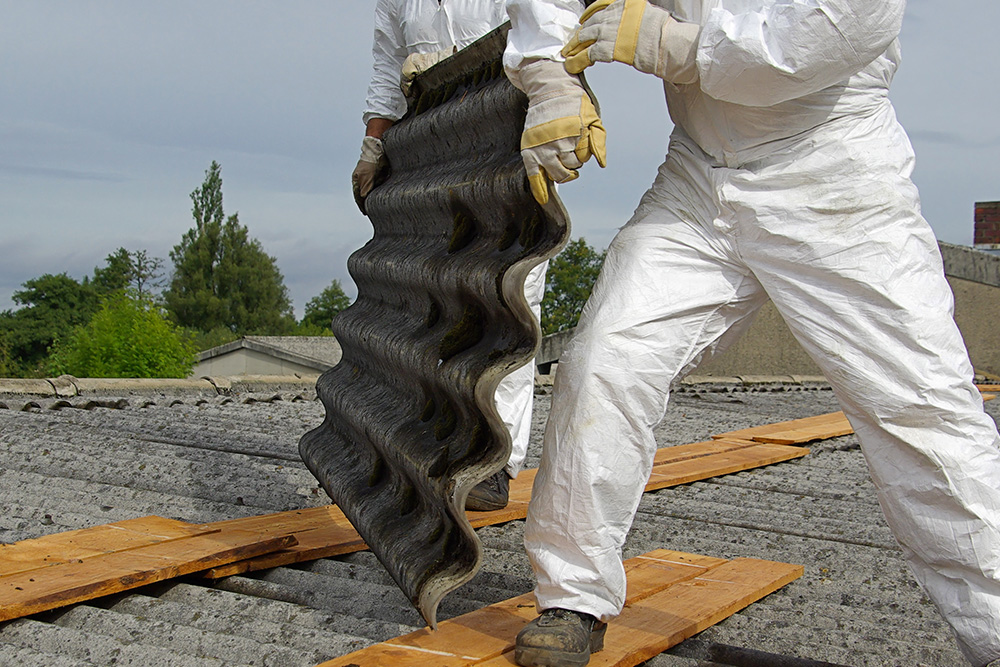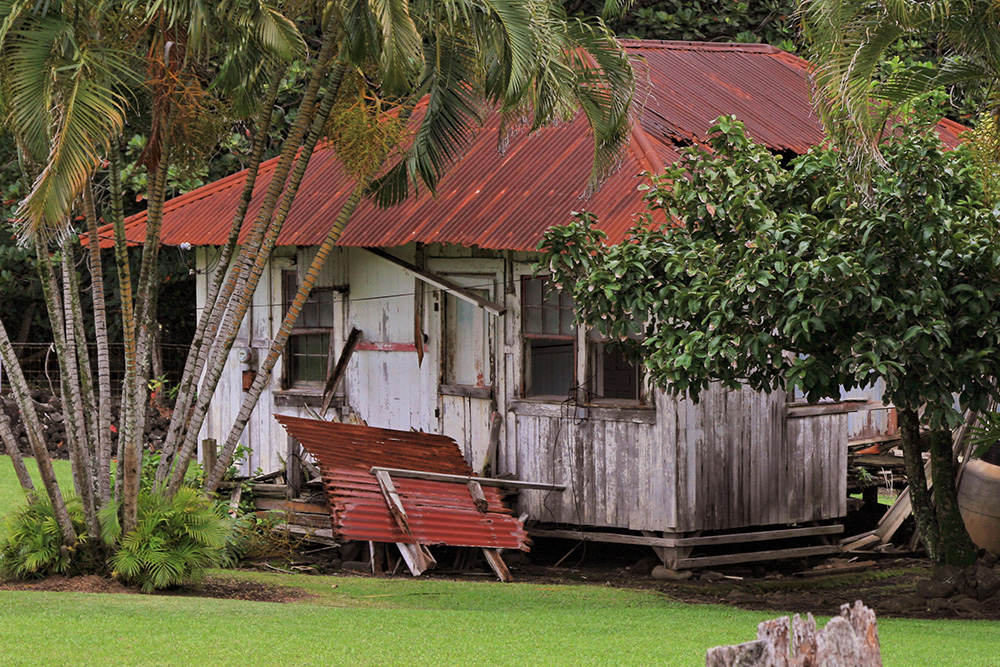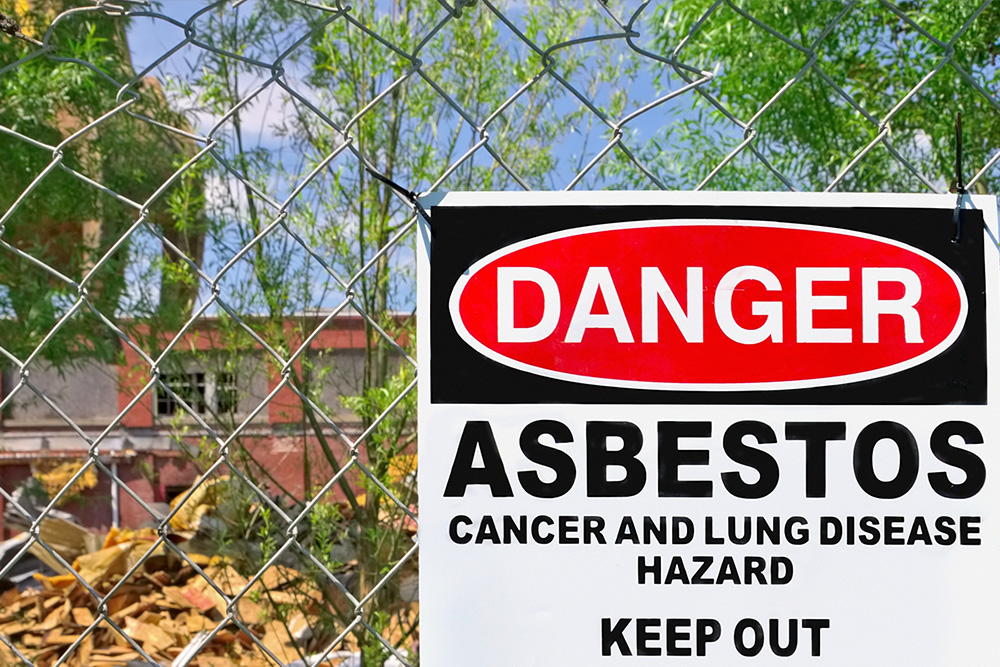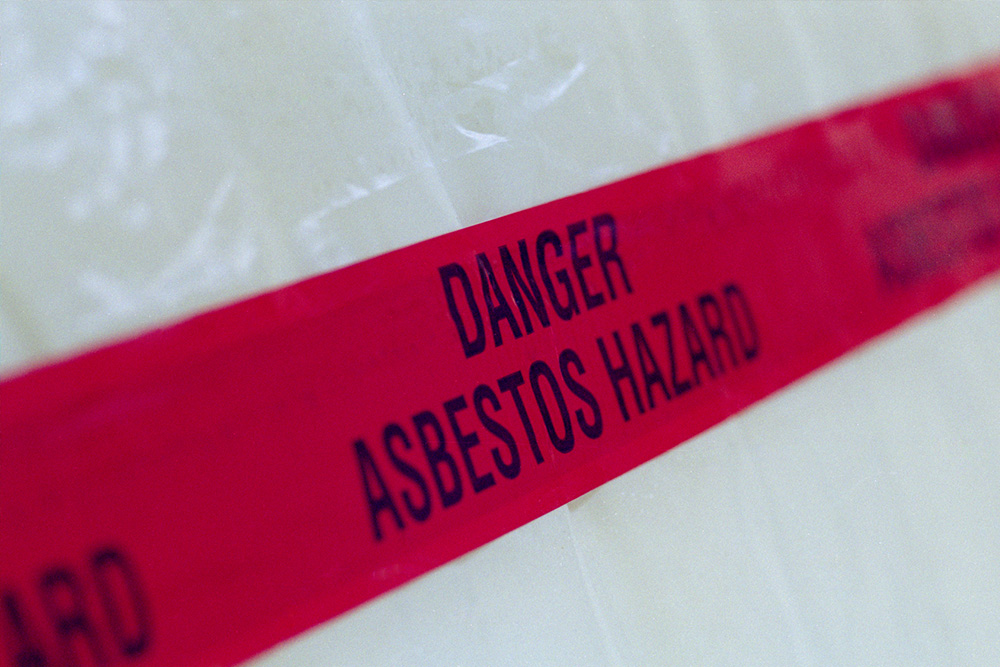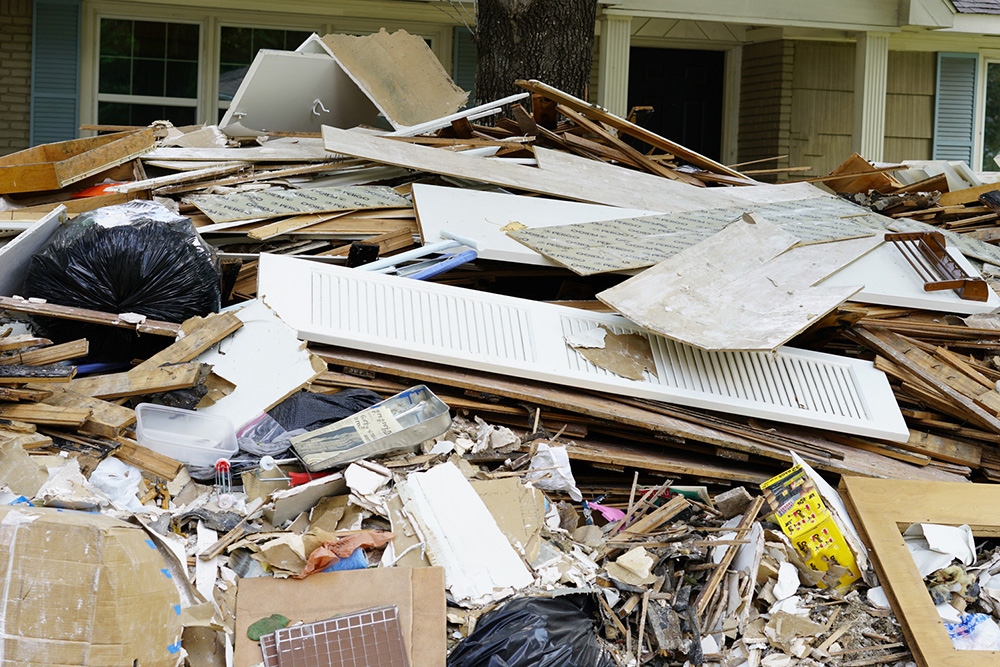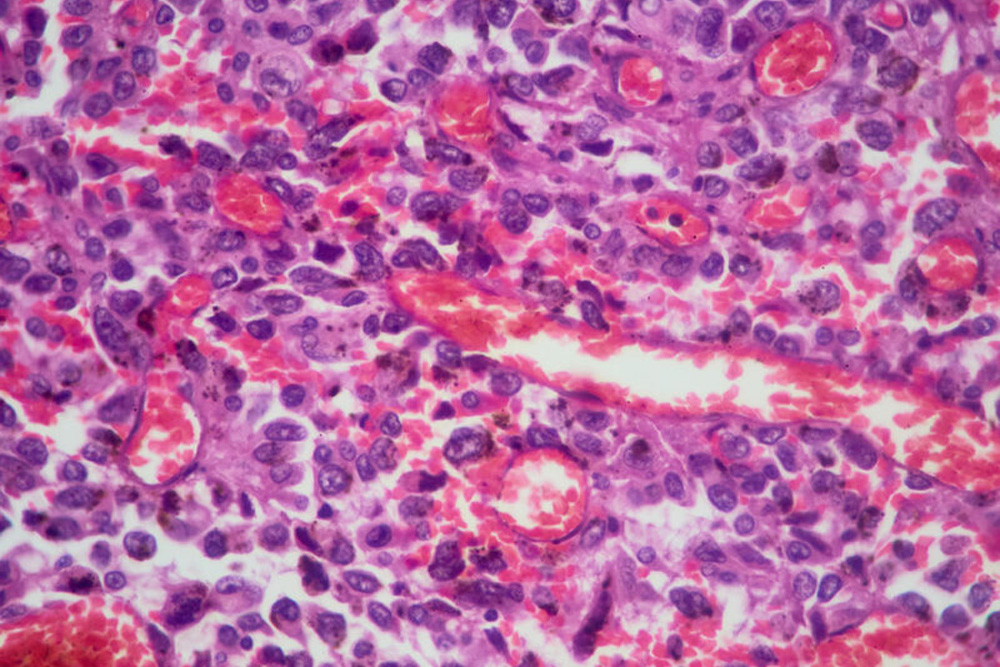In Hawaiʻi, our kupuna hold a sacred place in our hearts and our homes. When they need extra care, we trust nursing homes to honor that responsibility. But too often, this trust is broken. Elder abuse—whether through neglect, mistreatment, or exploitation—can happen even in licensed care facilities. If you or your loved one has experienced harm, this guide will help you navigate what to do next, island by island.
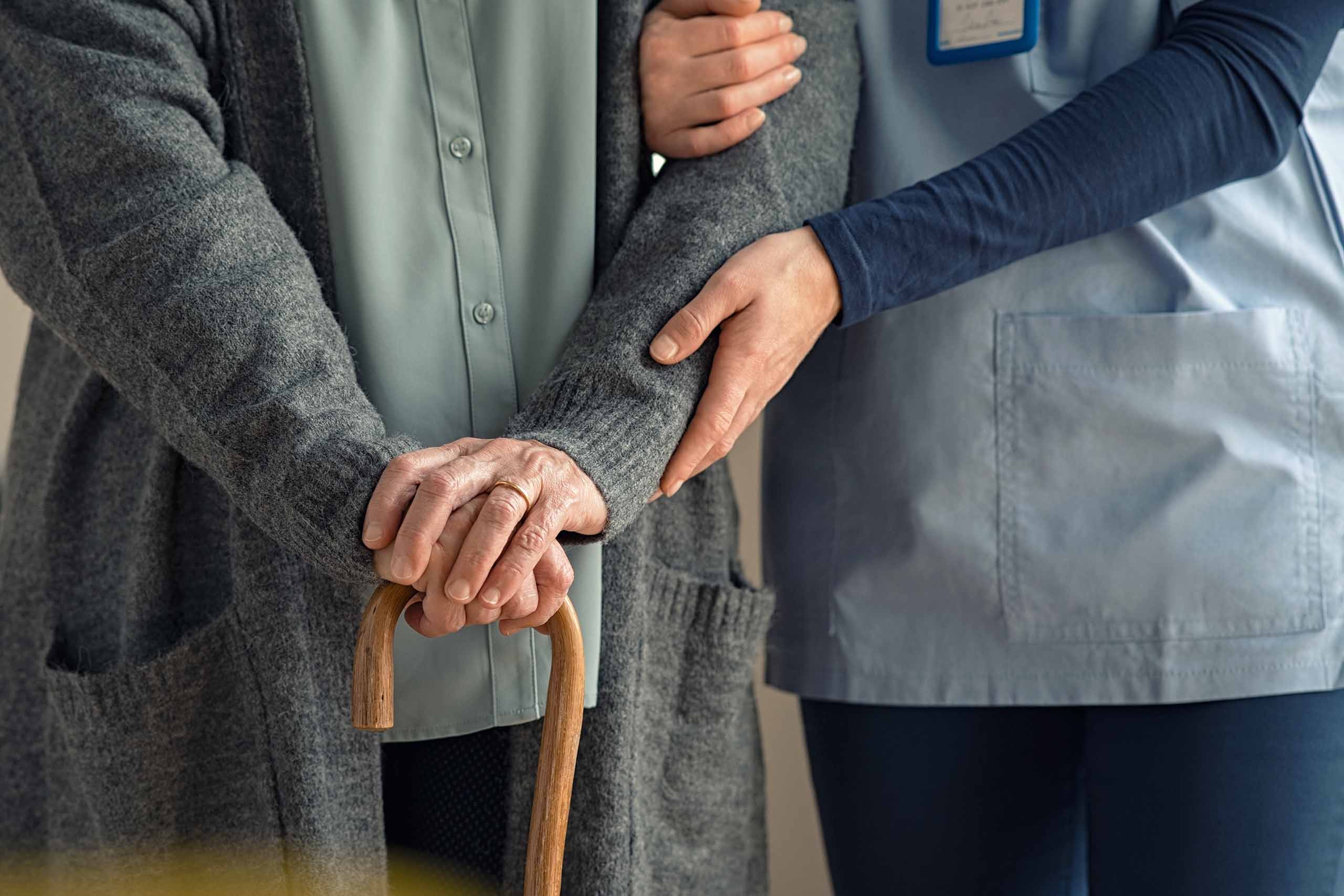
What Is Nursing Home Abuse?
Nursing home abuse can take many forms. Some signs are visible, others are hidden behind silence or shame. It’s important for all family members to stay alert to the different types of mistreatment, including:
- Physical Abuse: Hitting, shoving, or rough handling
- Emotional Abuse: Threats, humiliation, or purposeful isolation
- Sexual Abuse: Any unwanted or non-consensual sexual contact
- Neglect: Failing to meet basic needs like medical care, medicine, food, water or hygiene
- Financial Exploitation: Unauthorized use of a resident’s money, property, or accounts
To learn more about how our firm protects Hawaiʻi’s kupuna, visit our Nursing Home Abuse page.
We can help.
Know the Signs of Elder Abuse: What to Watch For
If you’re caring for or visiting a loved one in a long-term care facility, pay close attention to signs of abuse or neglect. Even small changes can signal a bigger problem.
Physical Signs
- Unexplained injuries or bruises
- Bedsores or pressure ulcers
- Weight loss or dehydration
- Poor hygiene or unsanitary living conditions
Behavioral & Emotional Signs
- Depression, anxiety, or withdrawal
- Sudden personality changes
- Fear of certain staff or visitors
- Reluctance to speak in front of caregivers
Financial Red Flags
- Missing personal belongings
- Unusual banking activity
- Sudden changes to financial documents
If something feels off, trust your instincts. Abuse often worsens if left unchecked.
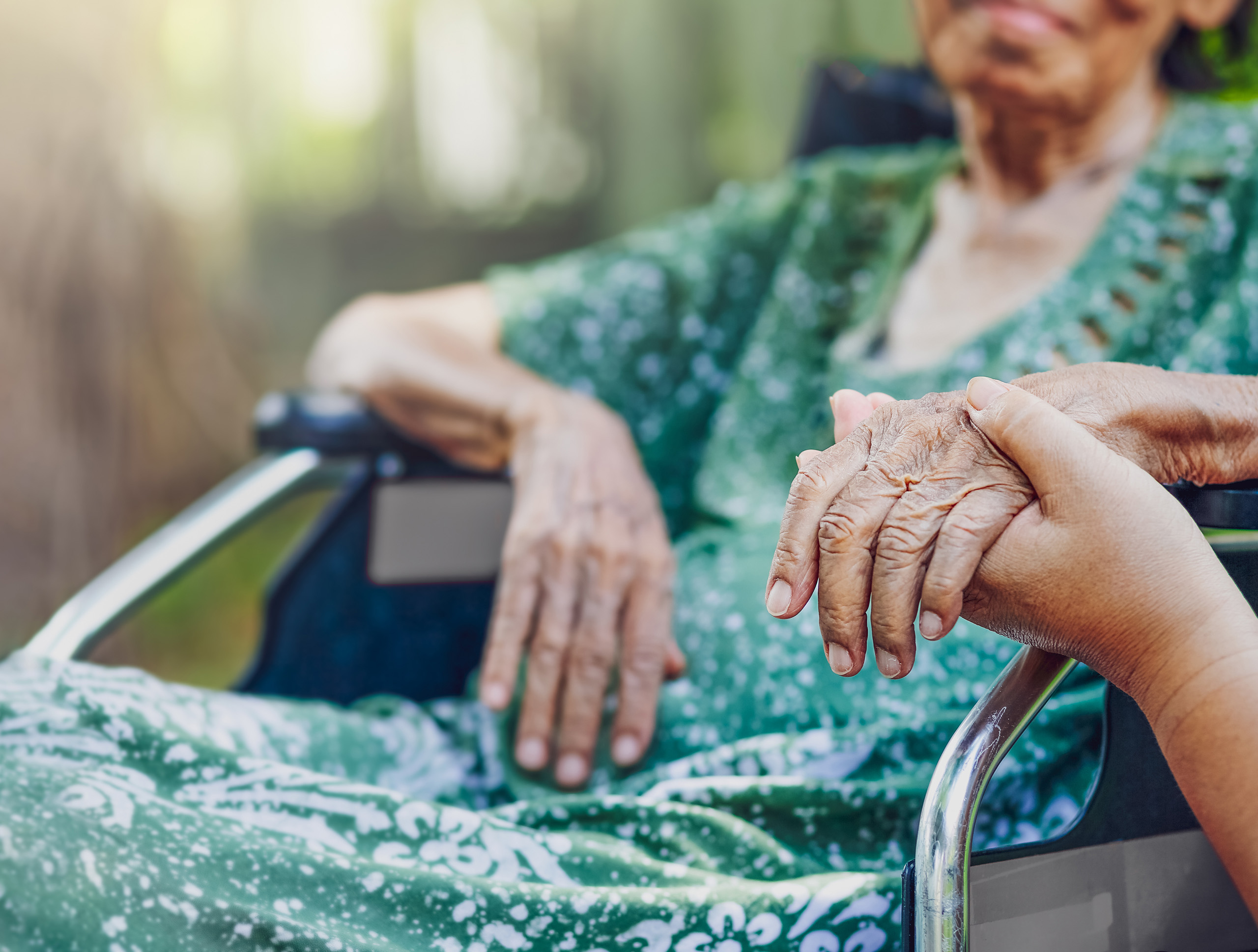
How Can You Prevent Elder Abuse?
- Reduce stress by asking for assistance. Physicians, nurses, health care providers, and social workers can provide information on where to go for help.
- Join community support groups that deal with the challenges associated with caring for individuals with conditions such as Alzheimer’s disease, mental illness, developmental disabilities, or substance abuse.
- Provide nursing and care home staff with information on how to meet your family’s needs.
- Visit a facility before your family member enters it and call the long-term care ombudsman at (808) 586-0100 with any concerns about the care provided.
- Obtain information about available resources in your community.
How to Report Abuse in Hawaiʻi
You have a right to speak up—and there are local resources ready to help across all islands.
Adult Protective Services (APS)
APS investigates abuse of vulnerable adults in Hawaiʻi. Reports can be made anonymously.
Contact by Island:
- Oahu: (808) 832-5115
- Maui/Molokai/Lanai: (808) 243-5151
- Kauai: (808) 241-3337
- East Hawaiʻi: (808) 933-8820
- West Hawaiʻi: (808) 327-6280
Long-Term Care Ombudsman Program
The long-term care ombudsman identifies, investigates, and resolves complaints that are made by, or on behalf of residents, and related to action, inaction, or decisions that may adversely affect the health, safety, welfare, and rights of residents of long term care facilities such as nursing homes, adult residential care homes, assisted living facilities, and other long-term care settings.
- Phone: (808) 586-7268
- Email: john.mcdermott@doh.hawaii.gov
- Website
The long-term care ombudsman can help you with any of the following:
- Investigate and resolve problems or complaints about the care or services provided in a long term care facilities;
- Alternatives to nursing home placement;
- Options for paying for long term care;
- Choosing a nursing home;
- Help with initiating a power of attorney or guardianship;
- When can long term care residents refuse treatment;
- What rights nursing home residents have;
- Information, referral, and consultation on any long term care issues.
Senior Medicare Patrol (SMP) Hawaiʻi
The SMP Hawaiʻi helps kupuna prevent, detect and report medicare fraud, errors and abuse.
- Phone: 808-586-7281
- Website
Hawaiʻi Department of Health
The Hawaiʻi Department of Health oversees nursing home licensing and safety standards.
- Phone: (808) 692-7400
- Website
Area Agencies on Aging (AAA)
Each county in the State of Hawai’i has an Area Agency on Aging. Each agency is responsible for planning, developing, and administration of services to older adults and family caregivers residing in their distinct geographic planning and service area.
- Elderly Affairs Division (Honolulu): (808)768-7700, Website
- Hawaiʻi County Office of Aging: (808)961-8626 / Kona (808)323-4390, Website
- Maui County Office on Aging (808)270-7774, Website
Kaua’i Agency on Elderly Affairs (808)241-4470, Website
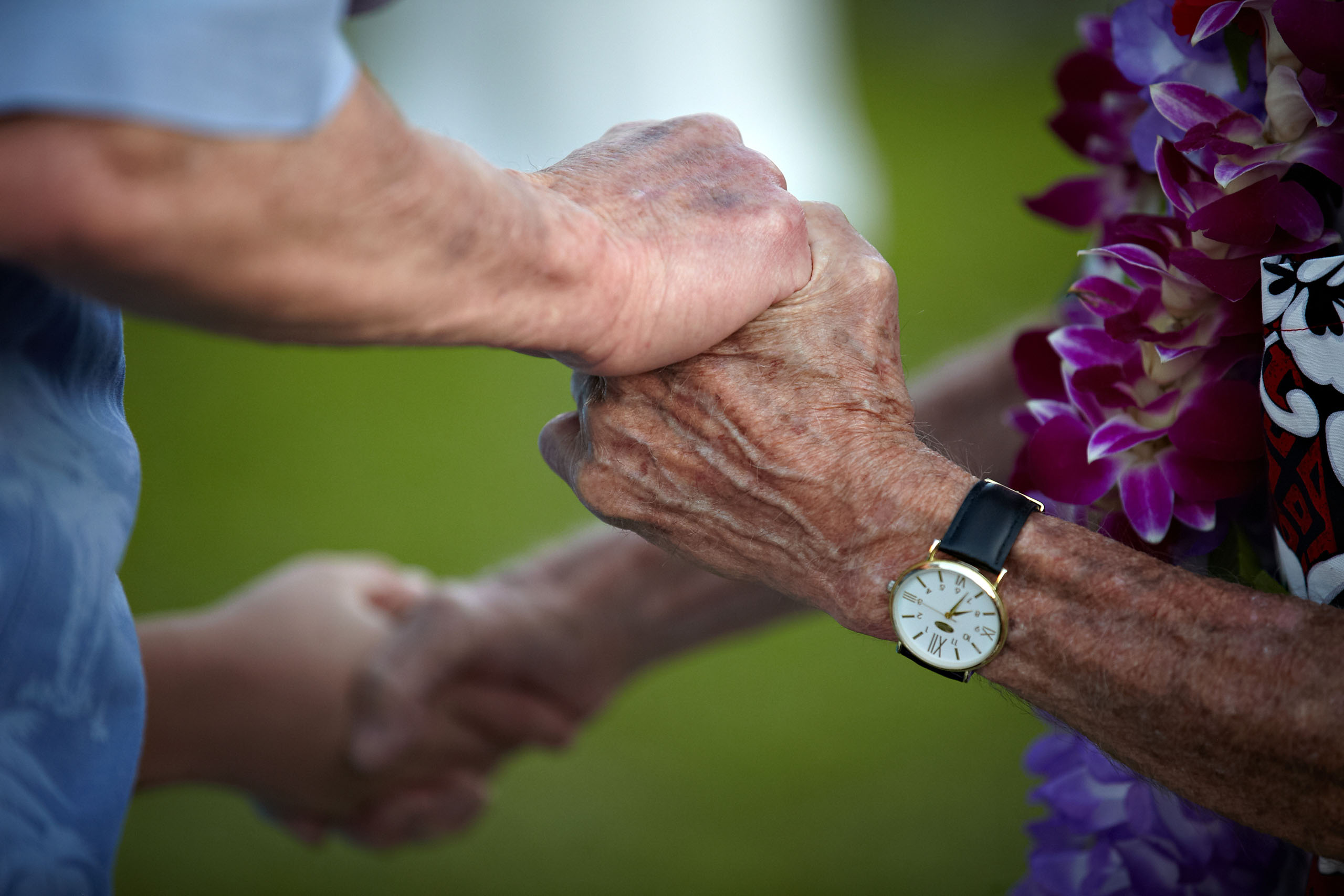
When Abuse or Neglect Leads to Wrongful Death
Sadly, some cases of abuse or neglect end in tragedy. If a loved one dies under suspicious or preventable circumstances in a nursing home, it may be considered a wrongful death under Hawaiʻi law.
Common Causes of Wrongful Death in Nursing Homes:
- Fatal infections from untreated bedsores
- Dehydration or malnutrition
- Medication errors or failure to administer care
- Injuries from falls or physical assault
- Failure to respond to medical emergencies
Filing a Wrongful Death Claim in Hawaiʻi
Hawaiʻi law allows certain family members and the estate’s personal representative to file a wrongful death lawsuit. You may be entitled to compensation for:
- Medical and funeral expenses
- Pain and suffering
- Loss of companionship
- Emotional distress
If you believe your loved one died as a result of abuse or neglect, contact our team for a free case evaluation. We are committed to holding negligent nursing homes accountable.
Elder abuse in Hawaiʻi nursing homes is a heartbreaking violation of trust. But you’re not powerless. Whether you’re reporting suspected abuse, exploring a legal claim, or grieving the loss of a loved one, resources are available to help you protect your family and seek justice.
You don’t have to do this alone. Reach out to our team today for a free case review.
How Galiher DeRobertis & Waxman Can Help
Our firm has decades of experience protecting Hawaiʻi’s most vulnerable residents. If you believe a loved one has been abused, neglected, or wrongfully killed in a nursing home, we can help you take legal action. Learn more about our nursing home abuse practice and contact us for a free, confidential consultation.

About Our Founder
Gary O. Galiher
Gary Galiher, the late founder of Galiher DeRobertis & Waxman, began practicing law in 1977 and started his own law firm the following year when he took on the first mesothelioma case in Hawai’i. We are proud to carry on his legacy, his personal commitment and his willingness to take on big organizations and companies on behalf of our clients.
Our Core Values
We take your case personally and put your needs first. That means you will receive individual attention from our attorneys who work as a team. We leverage our vast experience and resources to ensure you get the best possible results, even if that means going to court. No kou pono drives our resolve — everything we do is on your behalf. And at the end of the day, nothing is more important to us than honesty and integrity.
Our Results
We fearlessly take on large companies on behalf of locals and win. With over $1 billion in recoveries our track record speaks for itself. For decades, we’ve negotiated substantial settlements, obtained successful verdicts at trial and have been successful at appeal.
No Recovery, No Fee
If there’s no recovery in your case, you will not
have to pay a fee. We handle everything on a
contingency basis.
We Can Help
We provide free initial consultations. If you believe you or a loved one has a claim or a potential lawsuit, we are willing to meet with you to evaluate your claim with no obligation on your part. To learn more about your legal rights and options, please contact us to receive a free initial consultation.

